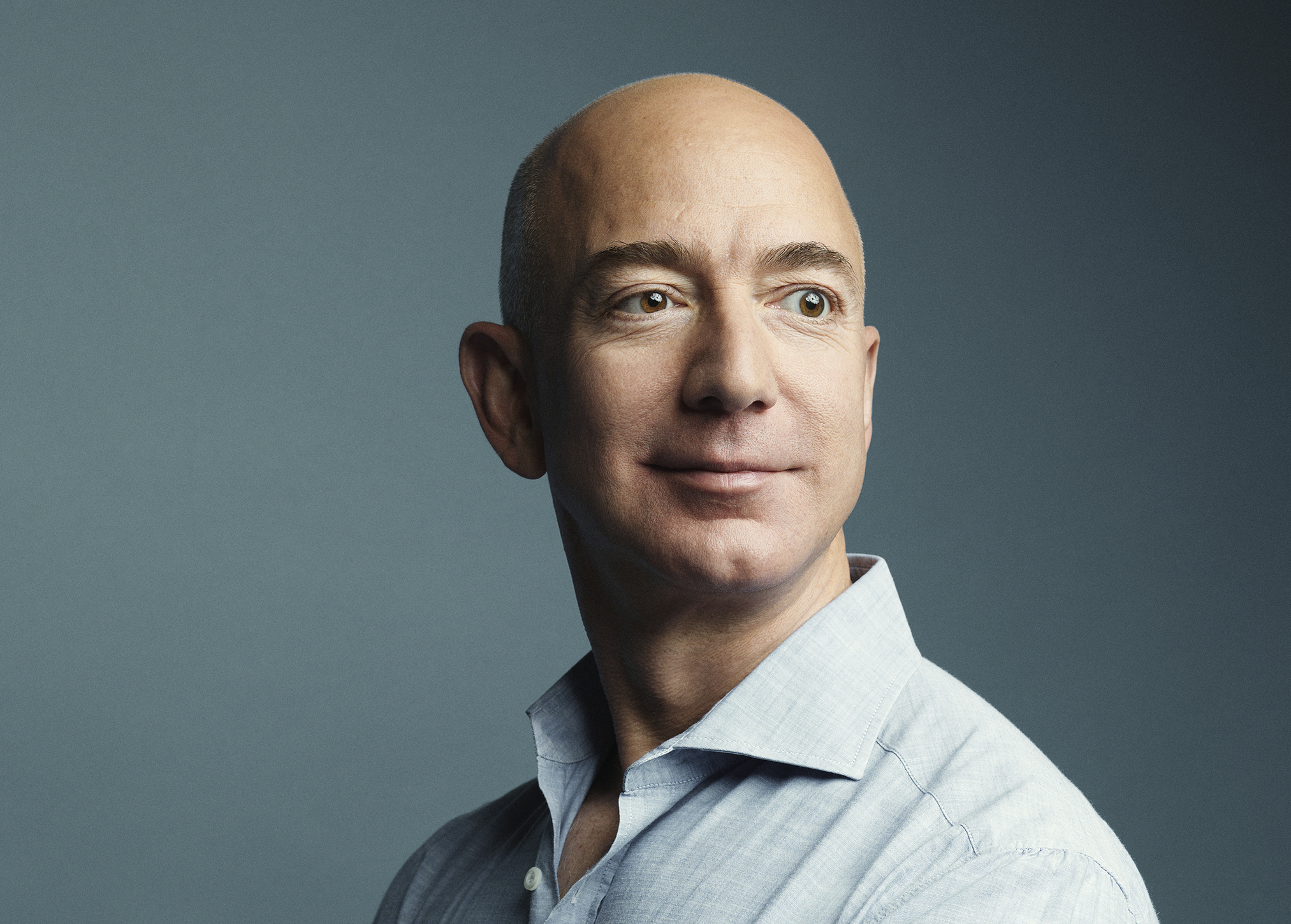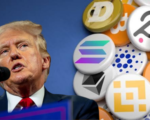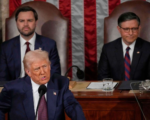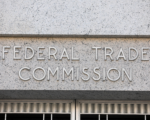The Washington Post is facing internal chaos following its announcement that it would not endorse a presidential candidate in the upcoming election. This decision has raised eyebrows, particularly regarding the role of its billionaire owner, Jeff Bezos, who has chosen to remain silent amid the fallout.
Background of the Non-Endorsement
- Announcement: The Post revealed its non-endorsement stance just 11 days before the election, sparking immediate backlash from staff and critics alike. According to sources, a draft endorsing Vice President Kamala Harris had been prepared before it was abruptly canceled, reportedly at Bezos’s behest.
- Internal Reactions: The announcement has led to resignations, including at least one editor, and a wave of discontent among journalists, particularly within the Opinion section. Many staffers are questioning the motivations behind the timing of the decision, suspecting it may have been influenced by Bezos’s business interests.
Reactions from Former Leadership
- Marty Baron, Former Executive Editor: Baron expressed that the non-endorsement decision reflects “cowardice,” arguing that it seems disingenuous to proclaim a principle just days before the election. He highlighted the pressure Bezos has faced from Trump and criticized the current leadership for their handling of the situation.
- Publisher Will Lewis’s Defense: In a statement to CNN, Lewis refuted claims that Bezos had any direct involvement in the decision, emphasizing the newspaper’s independence and his belief that endorsements could compromise the reader’s ability to form their own opinions.
Staff Sentiment and Consequences
- Divergent Opinions: While some staff members support the decision not to endorse, the overall sentiment is one of frustration regarding the timing. One journalist stated that the announcement places the paper in a “lose-lose position,” while others voiced concerns about potential subscription cancellations affecting the newsroom’s viability.
- Robert Kagan’s Resignation: Kagan, a longtime columnist, resigned in protest, labeling the move a strategy to appease Trump, who has made threats against Bezos’s business interests. Kagan emphasized the potential repercussions for Bezos’s companies stemming from Trump’s political maneuvers.
Broader Implications for Democracy
- Concerns from Renowned Journalists: Legendary Post journalists Bob Woodward and Carl Bernstein expressed disappointment in a joint statement, asserting that the decision contradicts the paper’s historical stance against threats to democracy, particularly regarding Trump.
- Collective Staff Statement: A group of 17 Post opinion columnists issued a statement condemning the non-endorsement, framing it as a fundamental failure of the newspaper’s editorial mission.
Political Context
- Trump’s Reaction: The non-endorsement has been seized upon by Trump’s campaign, which has used the Post’s decision to criticize Harris. Trump met with Blue Origin executives the day of the announcement, further fueling speculation about the intersection of Bezos’s business interests and the newspaper’s editorial decisions.
The Washington Post’s current turmoil raises critical questions about the influence of ownership on editorial decisions and the role of major media outlets in shaping political discourse. The fallout from this decision may have lasting effects on both the paper’s credibility and its relationship with its audience.


















